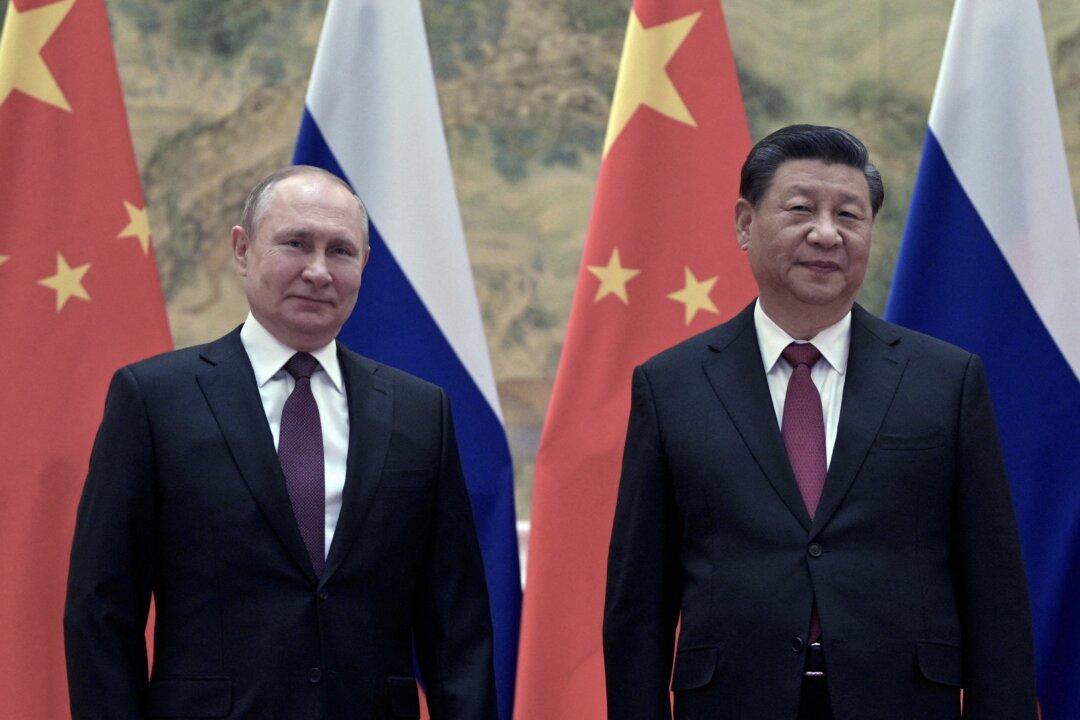Commentary
In post-World War II Western intellectual circles, many were intrigued with the ideological vision of “socialism,” but few understood the ruthless ambitions of communist dictators.

In post-World War II Western intellectual circles, many were intrigued with the ideological vision of “socialism,” but few understood the ruthless ambitions of communist dictators.